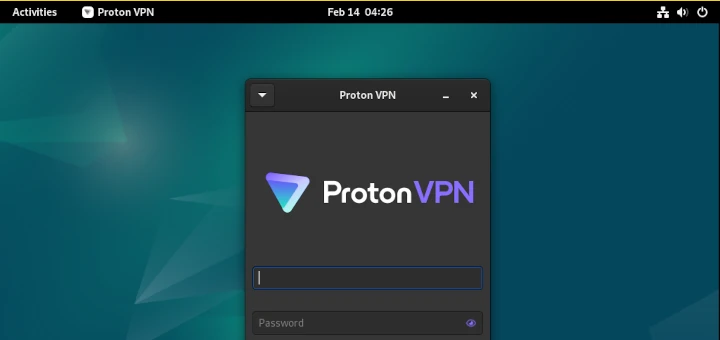Apache Maven is a free software application management and build automation platform based on the conception of a project object model (POM), which is especially used for deploying Java-based projects, but can also be used on applications written in C#, Ruby and other programming languages.
Read Also: How to Install Apache Maven in CentOS 7
In this article, I will explain how to install and configure latest version of Apache Maven on Ubuntu and Debian distributions along with Java 8 from the PPA Repository.
Prerequisites
- A newly deployed or existing Ubuntu or Debian server instance.
- Java Development Kit (JDK) – Maven 3.3+ require JDK 1.7 or above to run.
Install OpenJDK 8 in Ubuntu & Debian
Java Development Kit (JDK) is a essential requirement to install Apache Maven, so first install Java on Ubuntu and Debian system using the third-party Java PPA Repository and verify the version using following commands.
$ sudo apt install software-properties-common apt-transport-https -y $ sudo add-apt-repository ppa:webupd8team/java -y $ sudo apt-get update -y $ sudo apt-get install oracle-java8-installer $ java -version
If installation went well, you see the following output.
java version "1.8.0_171" Java(TM) SE Runtime Environment (build 1.8.0_171-b11) Java HotSpot(TM) 64-Bit Server VM (build 25.171-b11, mixed mode)
Install Apache Maven in Ubuntu & Debian
Next, visit the Apache Maven download page and grab the latest version of apache maven binary code or use the following wget command to download it under the maven home directory ‘/usr/local/src’.
$ sudo cd /usr/local/src $ sudo wget http://www-us.apache.org/dist/maven/maven-3/3.5.4/binaries/apache-maven-3.5.4-bin.tar.gz
Extract the downloaded archive apache-maven-3.5.4-bin.tar.gz file, and rename the directory to ‘apache-maven’ using following commands.
$ sudo tar -xf apache-maven-3.5.4-bin.tar.gz $ sudo mv apache-maven-3.5.4/ apache-maven/
Configure Apache Maven Environment
Now we will configure the environments variables for Apache Maven files on our system by creating a new configuration file ‘maven.sh’ in the ‘/etc/profile.d’ directory.
$ sudo cd /etc/profile.d/ $ sudo nano maven.sh
Add the following environment variables in ‘maven.sh’ configuration file.
# Apache Maven Environment Variables
# MAVEN_HOME for Maven 1 - M2_HOME for Maven 2
export JAVA_HOME=/usr/lib/jvm/java-8-oracle
export M2_HOME=/usr/local/src/apache-maven
export MAVEN_HOME=/usr/local/src/apache-maven
export PATH=${M2_HOME}/bin:${PATH}
Now make the ‘maven.sh’ configuration file executable and then load the configuration by running the ‘source’ command.
$ sudo chmod +x maven.sh $ sudo source /etc/profile.d/maven.sh
Check Apache Maven Version
To verify Apache Maven installation, run the following mvn command.
$ mvn --version
If installation went well, you see a output similar to the following.
Apache Maven 3.5.4 (1edded0938998edf8bf061f1ceb3cfdeccf443fe; 2018-07-14T19:33:14+01:00) Maven home: /usr/local/apache-maven Java version: 1.8.0_171, vendor: Oracle Corporation, runtime: /usr/lib/jvm/java-8-oracle/jre Default locale: en_IN, platform encoding: UTF-8 OS name: "linux", version: "4.17.6-1.el7.elrepo.x86_64", arch: "amd64", family: "unix"
That’s It! You have successfully installed Apache Maven 3.5.4 on your Ubuntu and Debian system. If you have any problems related to installation, do share with us in the comment section.







Hi, I have these error messages:
The JAVA_HOME environment variable is not defined correctly
This environment variable is needed to run this program
NB: JAVA_HOME should point to a JDK not a JRE
Yes, same error have been seen in my terminal. Please if any one know this error, please give me solution in the comment box.
Go to the path cd /usr/lib/jvm/ check the JDK name just change maven.sh script accordingly then source it again.
Thanks a lot, this is very professional method to install and configure i ever seen.
SDKMan is much easier way to install all tools and java.